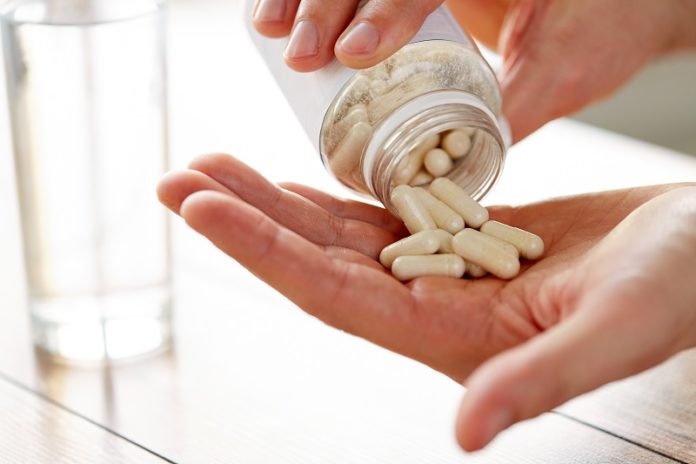There are many benefits to taking dietary supplements. They help augment the nutrients you get in your food and can help with a wide variety of health conditions.
I frequently discuss with patients how they can benefit from incorporating supplements into their routine. The right choices can support good health, treat health problems, and even reduce your healthcare costs.
But some unscrupulous manufacturers are only in it for the money. Not your health.
In Oct. 2018, a variety of media outlets, from CNN to Consumer Reports, say that more than 750 supplement makers over the past decade were found to have sold products tainted with actual pharmaceutical drugs.
That’s a serious
That’s why in Feb. 2019, the U.S. Food & Drug Administration announced that it would be increasing regulation of the $40 billion dietary supplement industry.
History of Dietary Supplement Regulations
The last real change to the regulation of dietary supplements happened in
In a Jan. 2011 article in the journal Fitoterapia, it says that DSHEA intent was to “ensure continued consumer access to a wide variety of dietary supplements, and to provide consumers with more information about the intended use of dietary supplements.”
Nonetheless, some critics claim that DSHEA does little to ensure that the ingredients in dietary supplements are regulated. A 2010 report by CNN says that before DSHEA, supplements were regulated as food. They were subject to the same regulations as food.
However, after DSHEA, the responsibility for the safety of a supplement is on the manufacturer.
Dr. Pieter Cohen, an internist at Cambridge Health Alliance and an assistant professor of medicine at Harvard Medical School, was quoted in that CNN report. He said, “DSHEA tells the FDA to assume all supplements are safe until proven guilty.”
What the Future Holds
In revisiting DSHEA and the regulation of dietary supplements overall. The FDA has signaled a more active role in determining the safety of dietary supplements and their ingredients.
“Our first priority for dietary supplements is ensuring safety,” said FDA Commissioner Scott Gottlieb, M.D. in the announcement regarding the FDA’s new initiatives.
“Above all else, the FDA’s duty is to protect consumers from harmful products. Our second priority is maintaining product integrity: we want to ensure that dietary supplements contain the ingredients that they’re labeled to
How You Can Protect Yourself
As the regulation of dietary supplements continues to evolve, there are a number of things you can do to protect yourself:
Talk with your doctor before taking a supplement.
Your doctor can ensure that there aren’t any contradictions with regard to your supplement and the other medicines you are taking.
The FDA also says that nursing mothers need to be aware of the effects a supplement could have on their child. A doctor can advise in that regard.
Purchase only from established manufacturers.
Purchase a trusted brand of supplements with high-grade ingredients, preferably manufactured in the U.S. Ask you doctor for recommendations. I can personally vouch for the high quality and efficacy of Diamond Nutritionals.
Report questionable products to the FDA.
If you take a dietary supplement that you think is making you sick, first go see your doctor. Afterward, tell the FDA what you think.
The administration has a complete website regarding how to get in touch with them. If you think








